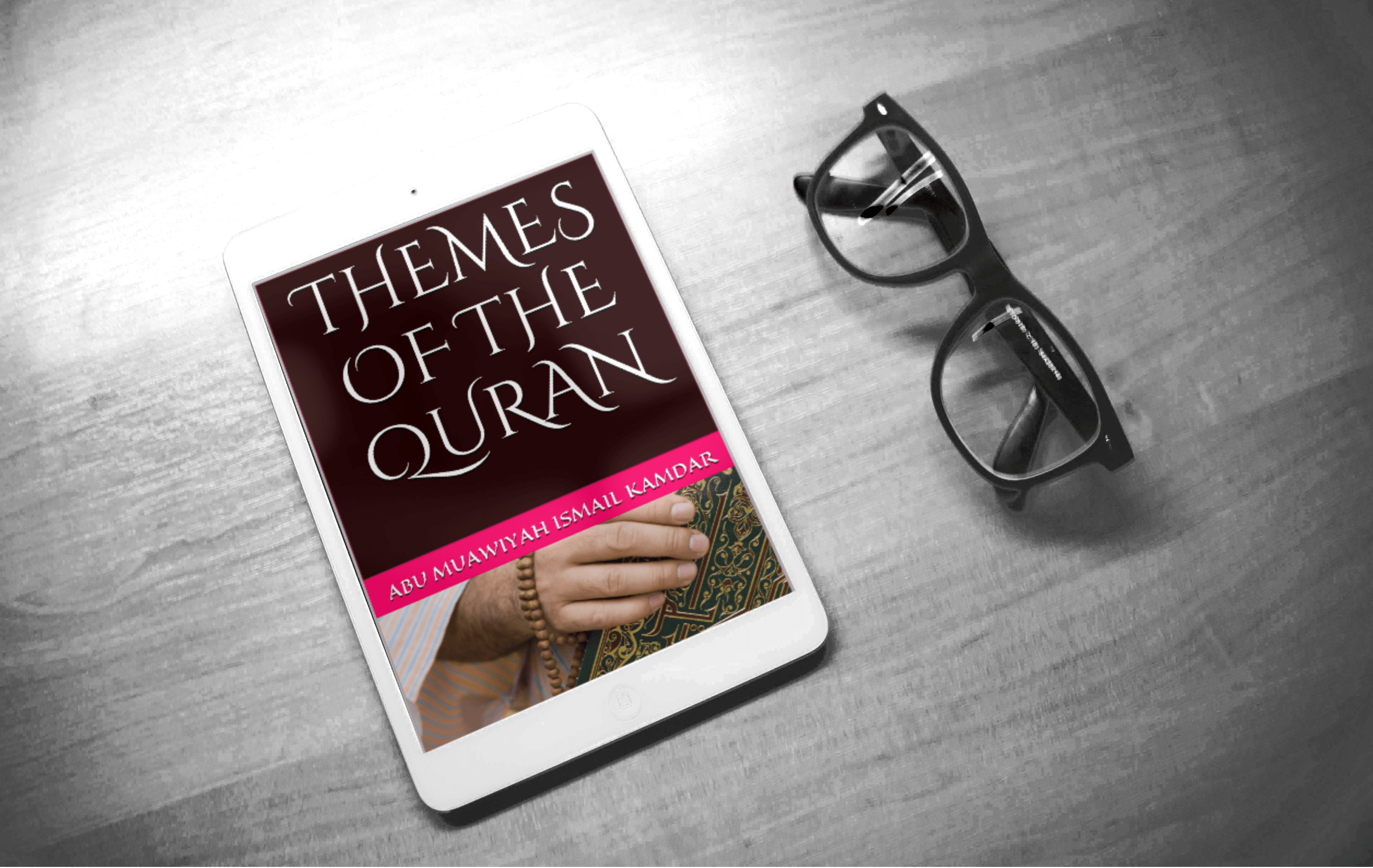This article is an extract from the book Themes of the Quran, purchase the full ebook to learn more.
Many people assume from the name of this Surah that the theme is issues related to women. Because of this, they are confused to find many verses in it addressing topics like inheritance, dealing with the hypocrites and the people of the book as well as the dangers of Shirk.
Reality is that the theme of a Surah is not usually related to its name. The names were mostly given over time by scholars based on words unique or often repeated in that Surah, and so just like the theme of Surah Al-Baqarah is not cows, the theme of Surah An-Nisaa is not restricted to women.
Themes of Surah al-Nisaa
This Surah is a Madinan Surah and again focuses on the themes of relevance to Madinan society, in this case the theme is society itself. The Surah addresses every aspect of the Muslim society including the following:
- Orphans (4:2-3, 6, 128)
- Marriage (4:3-4, 19-25, 32-35, 127-130)
- Inheritance (4:11-14, 176)
- Polygyny (4:3, 129)
- People of the Book (4:46-56, 153-174)
- Hypocrites (4:88-90, 142-146)
- Military operations (4:71-78)
- Peace and Justice (4:92-94, 135)
- Immigration from a bad society to a good one (4:97-100)
The Inheritance Question
Looking at the issue of inheritance, most of the laws of Islam are detailed in the Hadiths. Yet in this Surah, Allah details the laws of inheritance clearly and warns those who reject His Laws of the Hellfire. This is because many societal and family problems are caused due to fighting over inheritance. If Muslims submit to Allah’s judgment and accept the divisions He made, all these societal problems can be avoided.
These days, it is common to find many Muslims questioning the division of the inheritance in the Qur’an. This is a very arrogant attitude as it indicates that we think we know better than Allah. Allah has divided the inheritance based on the obligations he gave his servants. As the males of this ummah have more financial responsibility than the females, their portion of the inheritance is likewise proportionately more. This is in no way meant to indicate superiority, rather it is meant to indicate responsibility.
Family Law
This Surah lays heavy emphasis on family dynamics. It also lays a heavy emphasis on the importance of the man being the leader of the household and upholding that position responsibly. In modern times, this concept has been disputed and the results are failed marriages, high divorce rates,[1] the spread of Zina and general chaos in society.
For a society to function properly, families need to be stable and in line with the commands of Allah. The results of rejecting the family structure laid down by Allah can be seen in the abundant marital problems that surround us on a daily basis.
Related to this is the issue of polygyny. This Surah clearly allows a man to have a maximum of four wives on the condition that he is responsible and deals with them fairly. Modernists have tried to undermine and misinterpret this verse to bring Islam more in line with the norms of modern society. These modernists fail to realize that the culture they are trying to imitate is a culture revolving around unrestricted polygamy without responsibilities i.e. adultery and extra-marital affairs.
History is proof that any society which practiced polygyny the way the Qur’an allows it has far less social problems. This practice simultaneously solves the social dilemma of the widows, divorcees and single righteous women who can’t find righteous husbands, as well as the issue of men being polygamous by nature. Society is better off when polygyny is practiced responsibly.
The Rights of Orphans
We also see in this Surah a special emphasis on caring for orphans. Orphans make up a large segment of any society and when societies neglect them, they end up turning to crime to support themselves and survive. Caring for orphans is a great deed and raising orphans as one’s own children gives them a second chance at succeeding in life and benefits the entire community.
Cultural Controversies
The verses in this Surah tend to be controversial due to the changing social norms in the West, and the pressure put upon Muslims to adopt these changes. While there exist many cultural practices in Muslim communities that need to change, it is important to distinguish between those and fixed rules clearly established in the Qur’an.
Cultural issues like prohibiting women from praying in Masjids, banning women from driving, education and work, and the acceptance of spousal abuse need to change. These practices are not Islamic, and removing them is beneficial for the entire ummah.
On the other hand, the concepts of Hijab and polygyny, the role of the husband and wife in the family structure, and the division of the inheritance are clear commandments which form part of the foundation of our religion, and cannot be changed to suit people’s desires.
If one analyses these laws with an open mind, looking at the benefits of implementing them, instead of just looking at things from an ego-driven perspective, it is quite clear that the laws revealed by Allah are what is best for society.
I believe that any society that bases its principles on those covered in Surah An-Nisaa will become one of the best, most just and most stable communities on earth.
[1] A common cause of divorce these days is the reversal of roles in the family structure. This reversal of roles causes a lot of animosity and over time it erodes the marriage and eats away at its foundations.
This article is an extract from the book Themes of the Quran, purchase the full ebook to learn more.






